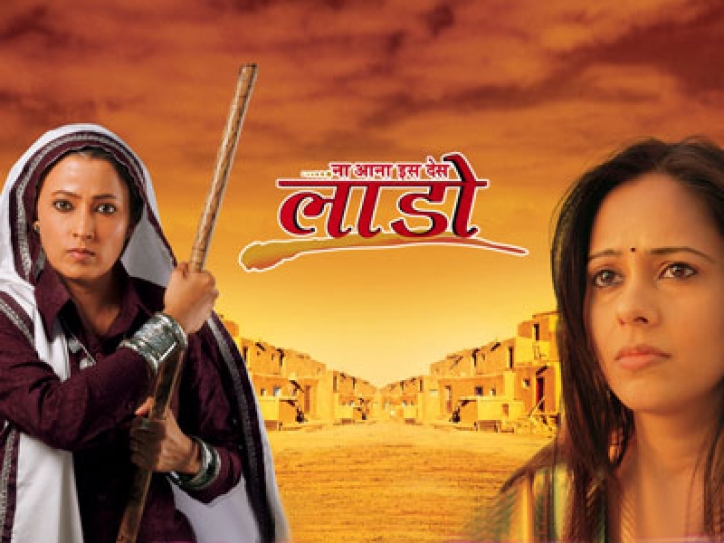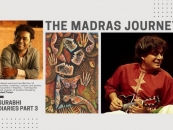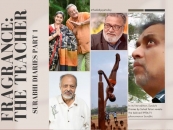
Reaching out beyond the screen
by Piroj Wadia December 12 2013, 4:20 pm Estimated Reading Time: 3 mins, 6 secsTelevision has ceased to be the idiot box, it is now more than just a medium of entertainment; we cannot override it as a medium of social influence. Anita, a 38 year old bai brought her school going daughter & son to study in Mumbai. Reason: when the daughter turned 13, the grandparents were entertaining suitable matches. Anita who had been married off at 14 and a mother by 19. Her schooling was compromised; at age 7, she was working in the city along with her four older sisters. Balika Vadhu helped the mother and daughter inspired them to resist their elders’ persistence. The daughter completed her HSC and married the boy she loved – she 18 and he 21!
Balika Vadhu deserves much more viewership than it gets. Why can’t the producers and the channel get a repeat telecast on Doordarshan? The national broadcaster’s footprint reaches out to the remote villages, especially in Rajasthan, where Balika Vadhu needs to penetrate. A well scripted, well paced set of episodes each week have kept audiences engrossed. Sure, sometimes the melodrama teeters into tedium, but the turning points bring it back on track. Kudos, to the writers, directors and producers. The cast helmed by Surekha Sikri as the indomitable Dadisa, almost invoked one’s wrath with her regressive domination. Now, she’s an icon for progressiveness. Balika Vadhu has advocated a stance against child marriages; and encouraged divorces and second marriages. Do we see adoption and IVF coming up as fulcrum points?
The same channel Colors TV broadcast Na Aaana Is Des Laado, also on prime time. It was as regressive as Balika Vadhu is finally progressive. Ammaji played brilliantly by Meghna Malik was the mastermind of the female foeticide brigade. Set in a remote village in the heartland of India, each time a girl was born, Ammaji and her brigade would ferret out newborns and snuff out the tiny life by drowning her. Urban audiences, especially were startled out of their skins when they saw dramatic suggestions of such enactments. The plot twists a veered the audiences into surfing to another show after a revelation that Ammaji herself had a daughter Amba, who she had abandoned in the care of the midwife. Ammaji’s anti-girl child stance was clearly not palatable.
Last weekend, Crime Patrol focused on a child bride scam. Meena (under 18) was married off to an Arab businessman, with the connivance of the officials of the orphanage where she stayed. A month later, the ‘husband’ returned to Abu Dhabi assuring her that she would be sent for. She was sent back to the orphanage and not allowed to continue her studies; soon she was faced with a Talak. Her fight for justice opened a can of worms. Arab merchants visit Kerala’s remote areas for spices, etc. Whilst, they wait for their consignment to be readied, they marry a young girl and move into a hotel for the duration of their waiting period. Once the consignment is ready, the girl is sent home to await the visa, etc. A month or so later the marriage is annulled. These girls then turn to prostitution as no one will marry them. Meena’s spunk had her take legal recourse to expose the Arab marriages as they are called.
It’s great having a colourful, glitzy soap opera at prime time; but sheer melodrama, scheming characters, etc. can get boring. There are loads of real life stories which can e adapted to perfectly sound scripts, with a social conscience. Balika Vadhu and Na Aana Is Des Laado are footsteps to follow.





-173X130.jpg)

-173X130.jpg)
-173X130.jpg)



